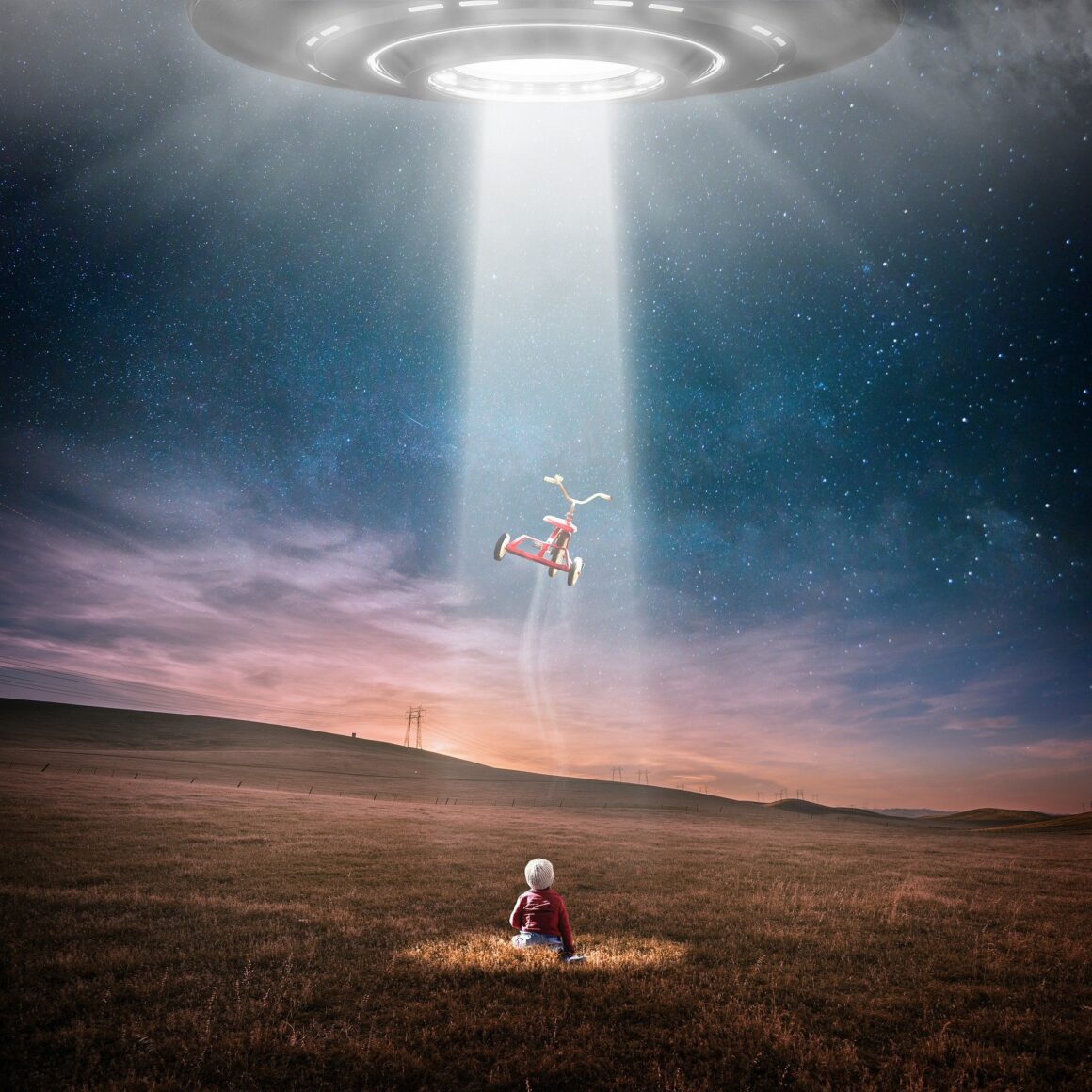What happens when the cosmos ceases to expand?
It seems like just yesterday that the dinosaurs were frolicking around the canyons of Pangaea, enjoying their last few blissful minutes before an asteroid ruined everything. You don’t realize when it’s occurring, but 65 million years fly past.
In the larger scheme of things, it does. According to the Big Bang Theory, the cosmos existed for around 14 billion years. In that light, 65 million years is little more than a few grains of sand in a gigantic hourglass.
That makes reading a pre-print study report stating that our cosmos may only have 65 million years of expansion remaining all the more terrifying.
When that expansion is over, it’s game over. The cosmos will shrink (hopefully slowly) until it becomes a single microscopic point made comprised of all the stuff that has ever been and will ever be.
According to experts, the Big Bang will occur at this moment. Again.
A Faulty Timepiece
The fact is that we have no means of knowing whether or not the cosmos will end. It’s not as if we don’t have the necessary technology. We don’t have the perspective needed.
When we gaze up at the stars, we see the light that has traveled for millions, if not billions, of years. Some of the stars are no longer alive.
Nonetheless, scientists may infer that the cosmos is expanding by monitoring these faraway lights. Scientists have used that data in a series of simulations to determine if the growth is limitless or whether there will be a universal reckoning.
To that aim, a team of Princeton and NYU academics recently issued a pre-print scientific article explaining the issue. They believe that if dark energy is responsible for the universe’s expansion, the energy may eventually run out and cause a contraction.
According to their paper:
Suppose dark energy is a type of quintessence driven by a scalar field evolving down a monotonically decreasing potential that passes sufficiently below zero. In that case, the universe is destined to go through a series of smooth transitions:
- The currently observed accelerated expansion will cease.
- The expansion will end soon after.
- The universe will enter a phase of slow contraction.
The Cosmos Expands, then Contracts
However, as previously said, we have no idea when this will occur. All we can do is speculate.
According to the researchers:
The problem is the accurate cosmological measurement of the expansion rate. Other cosmological parameters are based on observations of the cosmic microwave background, baryon acoustic oscillations, and distant objects, such as supernovae, whose detected light was emitted long ago, whereas, as we have shown, the transitions to deceleration and slow contraction may all occur within a small fraction of a Hubble time. As a result, even when the moment is near, it is difficult to discern the conclusion of a contraction.
That implies that, for all we know, the cosmos might continue to expand for billions of years. Or maybe the moment has already come.
According to the Physics arXiv Blog, the researchers’ timetable is as follows:
According to one scenario, the minimal time left until the end of an expansion is about equivalent to the time since life first appeared on Earth. That equates to 3 to 4 billion years.
In a different scenario, they calculate that the time gap left until the end of acceleration is smaller than the period since the Chicxulub asteroid wiped out the dinosaurs. In cosmic terms, that’s just 65 million years—the blink of an eye.
The End of the World
That 65 million-year time span is now only a conjecture. However, if we could prove that our universe has such a limited time before shrinking, the implications of this knowledge may have immediate and far-reaching consequences for civilization.
It would imply that we are unlikely ever to discover extraterrestrial life. Simply said, if we consider 65 million years to be the last few grains of sand in our universe’s hourglass, we must admit that time is running out for all living things.
If we haven’t discovered each other by now, the chances are stacked against us ever doing so.
With expansion spreading us out and contraction eventually ending in everything in the universe being squeezed to a single point, it may even be more logical to abandon the quest and concentrate on something else. We might, for example, utilize our space resources to further the objective of spreading Earth’s life across the cosmos.
The cosmos may only have a little time left, but it’s essential ensuring that we’re all there to see the big finish. Of course, this assumes that the world did not end in 2012.
The scientists also proposed that the expansion and contraction of the cosmos were cyclical, implying that another Big Bang is possible.
On the plus side, this means that there will very probably be life when we are gone. However, it reduces the likelihood of life being fruitful on the opposing side.
Planets like Earth may be once-in-a-lifetime events, with such a tiny window for life to miraculously develop throughout each expansion and contraction cycle.
